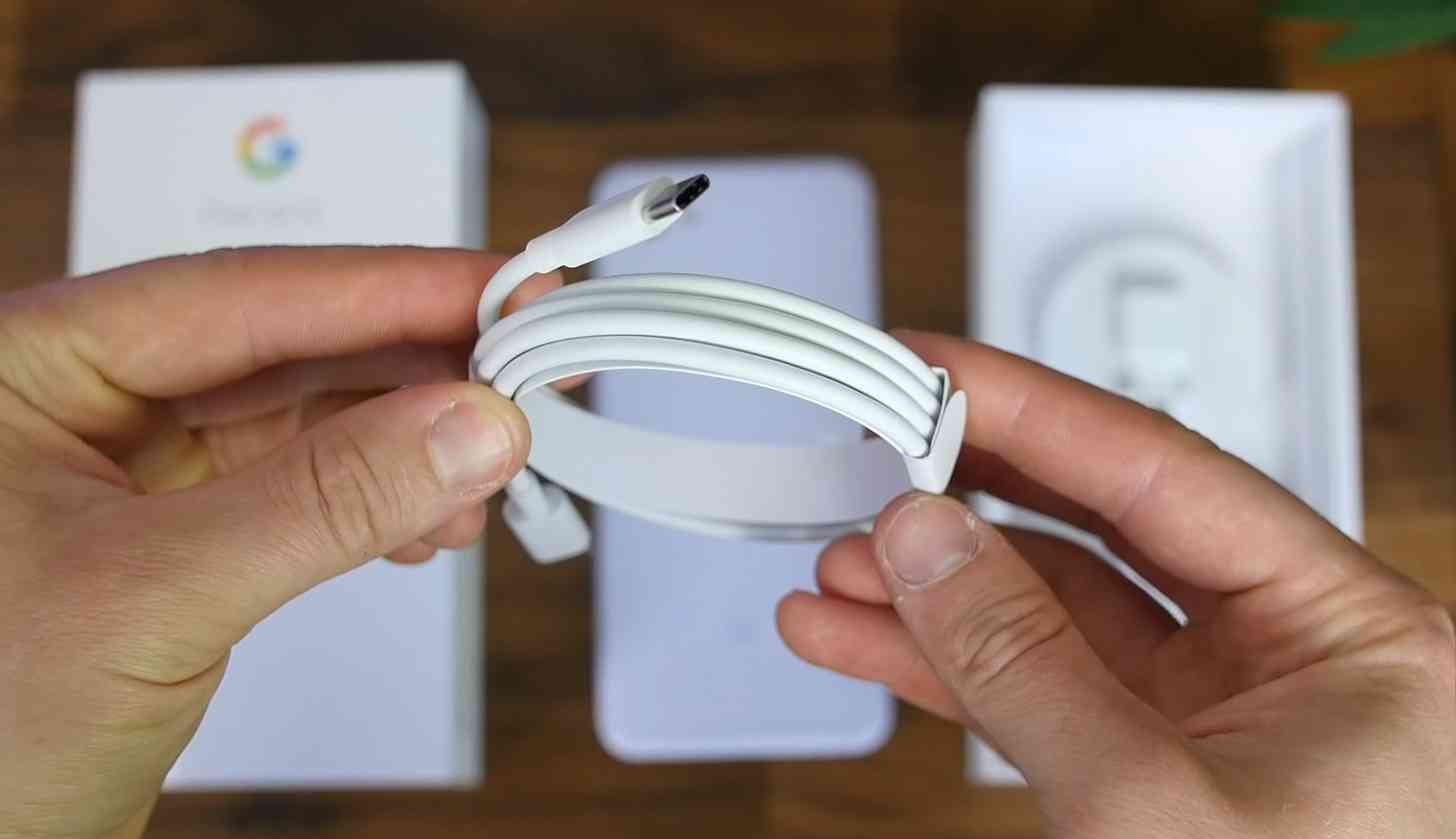
New leaks show that Google recently updated its Google Mobile Services (GMS) agreement for Android that will make for some big changes for future devices.
First up, Google is requiring that any device that ships with Android 10 or higher must feature Google's gesture navigation or its three-button setup out of the box. According to 9to5Google, if gestures are set as the default, the three-button setup must be available as a setting. Google also says that new Android 10 devices can't use Android 9 Pie's "pill" button navigation, though Google encourages OEMs to keep that "pill" navigation for devices that are updated to Android 10.
What's more, Google appears to be forcing Android OEMs to hide their custom navigation systems. Google says that these systems can be included on an Android 10 device but that that cannot be the default and cannot be advertised during device setup. Google adds that OEMs should put the toggle for their navigation system in the "Advanced or similar" section of the Settings app.
Google is also said to be requiring Android OEMs to ensure that their devices with USB-C do not break compatibility with USB-C Power Delivery (USB-C PD) chargers. As noted by XDA-Developers, Google says that new Android devices launching from 2019 onward with a USB-C port "must ensure full interoperability with chargers that are compliant with the USB specifications and have the USB Type-C plug."
USB-C has several perks, but perhaps one of the best is the speedier charging that you get with USB-C PD. The standard can offer up to 100W of power, but it doesn't look like Google is actually requiring Android OEMs to support those super fast charging speeds with this new requirement. Still, it's good to see Google making OEMs that want GMS ensure that their devices are fully interoperable with USB-C chargers that are compliant with USB specifications.
Finally, Google's new GMS agreement requires that Android OEMs offer a digital wellbeing solution with parental controls. According to XDA-Developers, Google says that new devices launching with or upgrading to Android 9 or Android 10 after September 3, 2019 must include a digital wellbeing service and parental controls, either Google's own Digital Wellbeing app or a custom solution.
Google also says that the digital wellbeing solution and parental controls must be at the top level of the Settings app.
The GMS agreement is important because without it, device makers can't use the Android name or Google's Android apps. Those are pretty important to have in most of the world save for China, and so most OEMs are going to agree to Google's GMS requirements, including these new ones being highlighted today.